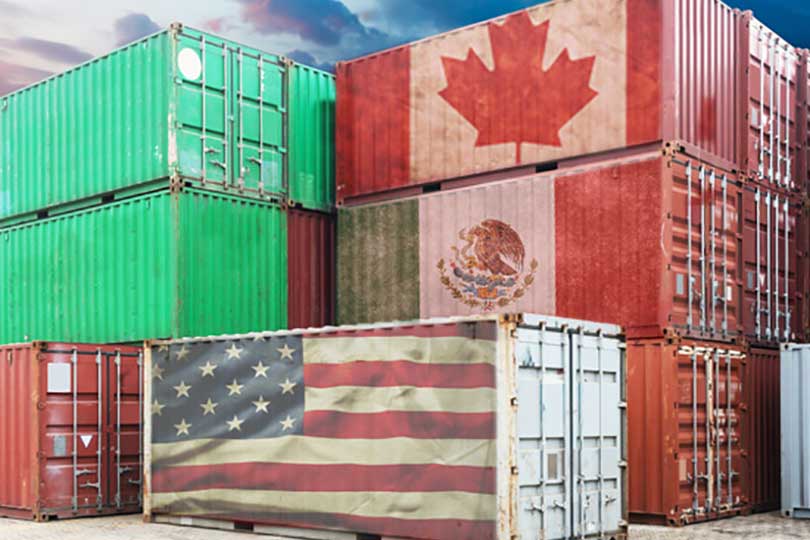By Jessica Domel
Multimedia Editor
The Trump administration on Thursday officially triggered a process that will begin renegotiation of the North American Free Trade Agreement (NAFTA) with Canada and Mexico.
U.S. Trade Representative Robert Lighthizer sent letters to Congressional leadership to trigger the 90-day consultation period before negotiations may begin.
“The United States seeks to support higher-paying jobs in the United States and to grow the U.S. economy by improving U.S. opportunities under NAFTA,” Lighthizer wrote.
NAFTA was negotiated in 1991 and went into effect in 1993. The trade agreement eliminated most tariffs on traded products, including agricultural and manufacturing goods, between Mexico, the U.S. and Canada.
“While our economy and businesses have changed considerably over that period, NAFTA has not,” Lighthizer said. “Many chapters are outdated and do not reflect modern standards.”
Digital trade was in its infancy when NAFTA was agreed to, so that will be addressed in renegotiations as well, Lighthizer said.
“Our aim is that NAFTA be modernized to include new provisions to address intellectual property rights, regulatory practices, state-owned enterprises, services, customs procedures, sanitary and phytosanitary measures, labor, environment and small and medium enterprises,” Lighthizer wrote.
Agricultural organizations, like American Farm Bureau Federation (AFBF), report they look forward to working with the administration and Congress to protect the markets while also addressing issues that have limited the trade potential of U.S. farmers, ranchers and dairymen.
“We remain committed to the goal of a positive, market-expanding and modernized NAFTA,” AFBF President Zippy Duvall said. “Achieving this objective starts with ensuring the negotiations protect U.S. agriculture’s benefits under the current trade agreement.”
The 2015 Trade Priorities and Accountability Act gives the agricultural community and other stakeholders the opportunity to provide input and share their expertise with U.S. negotiators, Duvall said.
“Our ability to be part of these negotiations is important to our members and will help ensure the outcome improves trade relationships with our neighboring countries. Mexico and Canada are two of our largest export markets for the commodities and products raised on
U.S. farms and ranches. America’s farmers and ranchers value them as customers and trade partners. We will work to ensure the renegotiation strengthens that critical relationship.”
Official NAFTA negotiations could begin as early as Aug. 16. The administration’s goals for the talks will be published 30 days prior.
In the meantime, Lighthizer will publish a notice in the Federal Register encouraging people to comment on the direction, focus and content of the negotiations on Regulations.gov.

